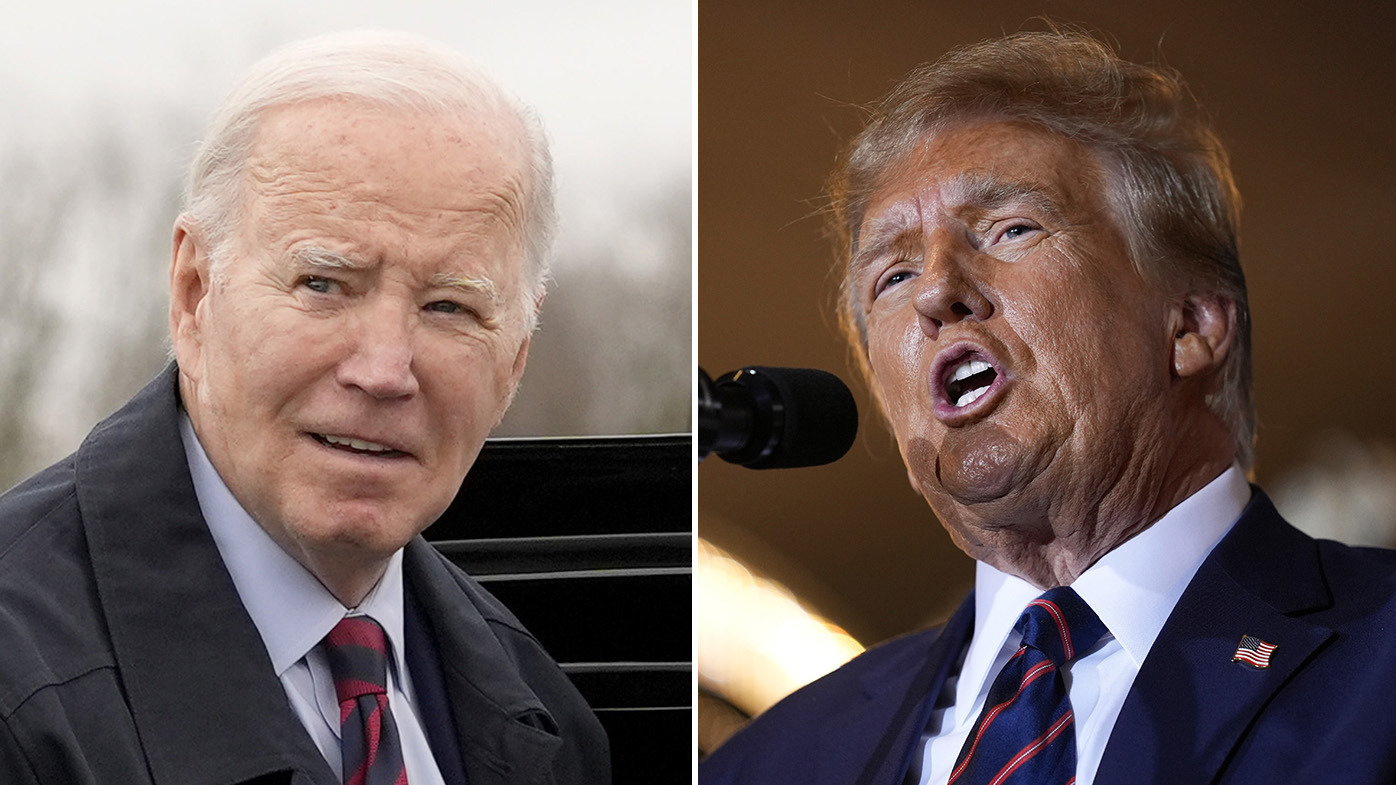‘Protest Votes’ Erode Trump, Biden Support in Presidential Primaries

In the wake of the primary results, it’s evident that both President Joe Biden and former President Donald Trump are grappling with a lack of unified support within their respective parties. However, Trump’s challenges appear more pronounced, particularly in crucial battleground states like Wisconsin.
In the recent primaries across New York, Connecticut, Rhode Island, and Wisconsin, both candidates faced a notable protest vote. Trump, in particular, encountered significant resistance, with a substantial portion of GOP voters opting for former South Carolina Governor Nikki Haley, who had already withdrawn from the race weeks prior. While this trend may seem inconsequential in solidly blue states like New York and Connecticut, the numbers from Wisconsin, a pivotal swing state, raise concerns for Trump’s campaign.
In Wisconsin, Trump secured 79% of the Republican primary vote, with Haley capturing 13%. This indicates a potential vulnerability for Trump in a state critical for the November election outcome. Notably, polling suggests that many Haley supporters are not aligning with Trump, with a significant portion expressing dissatisfaction with the prospect of his nomination.
Biden also faced some dissent in the Wisconsin primary, albeit to a lesser extent. Despite winning the majority of Democratic votes, a notable percentage opted for “uninstructed” candidates or Rep. Dean Phillips, signaling a degree of discontent within the party.
Interestingly, Biden outpaced Trump in overall raw vote count in Wisconsin, suggesting a favorable trend for the Democratic candidate. This is particularly significant given Wisconsin’s pivotal role in the 2020 election and recent polling indicating a tight race between Biden and Trump in the state.
In response to the primary results, Wisconsin Democratic Party Chairman Ben Wikler highlighted the affirmation of Biden’s candidacy and the rejection of Trump’s rhetoric, underscoring the shifting dynamics in the state. With polls indicating a tightening race, both candidates face a challenging road ahead in securing unified support within their parties and winning over crucial swing states like Wisconsin.

